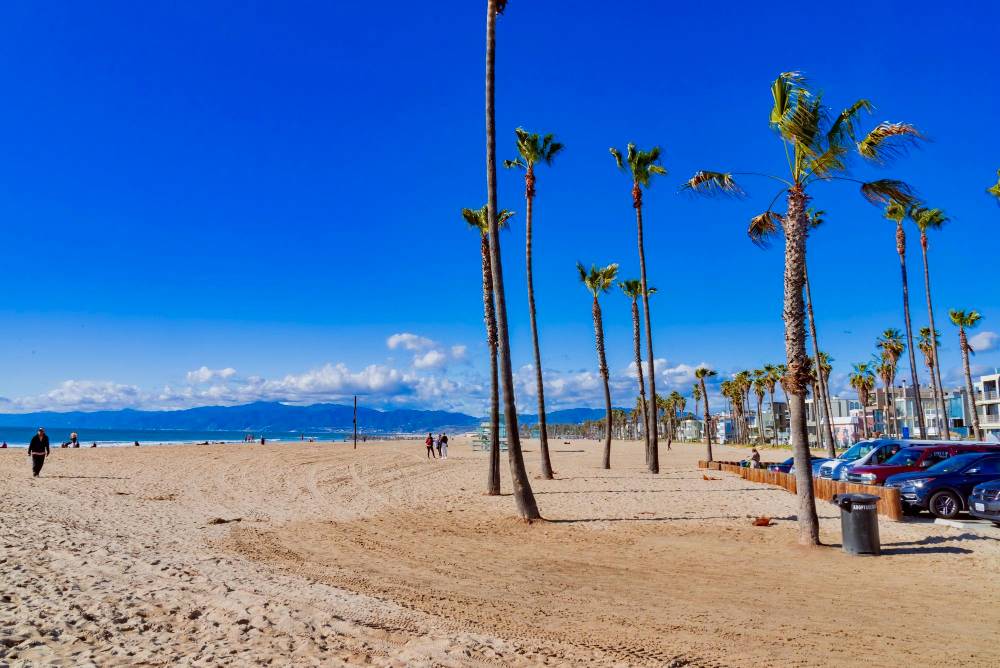Gran Canaria’s Silent Beaches: Why travellers are ditching Bluetooth speakers in 2025
- 17-04-2025
- Travel
- collaborative post
- Photo Credit: Freepik
If you were in Gran Canaria several years ago, let’s say a decade, and decide to revisit today, you may not recognise the vibe and general atmosphere. The loud and crazy beaches have been transforming for the better, allowing everyone to have an enjoyable time.
One major medium that would gather everyone around – music speakers – is leaving these places, giving more space to calmness and meditation. Is this good or bad? Everyone may have a personal opinion, but let’s understand the reasons, benefits, and consequences of the new transformation of beach culture in the Canary Islands.
People Have Become More Prone to Individual Activities
One major reason for the quieter shores is that travellers have become far more self-sufficient in their entertainment. This is especially true for American tourists, who increasingly carry their digital world with them abroad. Modern connectivity means that visitors can physically be lounging on a Gran Canaria beach, yet stay digitally close to home.
According to surveys, more than 60% of travellers report they stream movies, shows, or music while on holiday. Rather than needing a speaker to blast a song for the whole beach, people are tuning into personal devices and playlists. In other words, everyone can enjoy their own entertainment bubble (often through earbuds), and nobody else has to hear it.
This trend is enabled by technology like VPNs and proxy services that let travellers access their usual online content from anywhere. A decade or two ago, being overseas often meant losing access to your favourite TV shows or sports due to geo-blocking. But now, with a simple app, American tourists can stream their hometown Netflix or live sports as if they never left the States, using US proxies. These digital tools route your connection through an American server, so that sitting under a palm tree in Gran Canaria you can still catch the latest episode or local news from back home. As a result, U.S. travellers don’t feel the same disconnect or homesickness that might have once driven them to seek familiar music or noise for comfort. The most exciting part here is that proxy services come at a low cost or even free, so basically, everyone can benefit from them.
They can binge-watch a series on a tablet, follow news, or even listen to their hometown radio quietly via headphones. This personalisation of the travel experience means tourists are less inclined to impose their entertainment on others – why haul a Bluetooth speaker to the beach when you can enjoy the exact content you want privately?
Rules and Etiquette Are Turning Down the Volume
It’s not just personal preference at play, as official regulations are actively making beaches quieter. Gran Canaria recently introduced strict new beach rules on parts of the island, aiming to protect the environment and improve the tourist experience amid local complaints about unruly behaviour.
Among these rules are bans on what used to be common beach sights: for example, playing music in sunbathing areas is no longer allowed. In other words, that Bluetooth speaker pumping out dance tunes could now land you in trouble. Likewise, authorities have outlawed smoking and even vaping on certain beaches, meaning visitors must “leave that vape at home, as there is no smoking or vaping allowed” on the sand. These measures are strictly enforced with fines that can reach hundreds or even thousands of euros for serious offenses.
Mindfulness, Wellness, and the Appeal of Silence
Quiet travel is about more than just avoiding loud sounds; it’s often a path to introspection and mindfulness. Scientific research backs this up: mindfulness practices (like simply sitting quietly with the sound of the waves) have been shown to reduce anxiety as effectively as medication in some cases. It’s no surprise, then, that tourists are intentionally seeking out environments where they can truly unwind.
The growth of the wellness tourism industry is also tied into this phenomenon. Travel is no longer seen as just a time to sightsee or indulge; for a lot of people, it’s an opportunity to reset mentally and physically. This has led to rising demand for hyper-personal, health-oriented holidays – think yoga retreats, meditation getaways, spa and nature packages. Travellers themselves recognise that quiet can enhance the restorative power of a vacation.
The fact that nearly 15 million people visited the Canary Islands in 2024 (almost seven times the local population) puts into perspective why sustainable, respectful tourism has become such a hot topic despite the rising cost of a Canary Islands holiday. Enjoying the beach quietly is a simple way travellers can contribute to a better experience for all. And indeed, many are happy to do so, once they understand the benefits.
Other articles that may interest you...
Trending
Most Read Articles
Featured Videos
TributoFest: Michael Buble promo 14.02.2026
- 30-01-2026
TEAs 2025 Highlights
- 17-11-2025































































